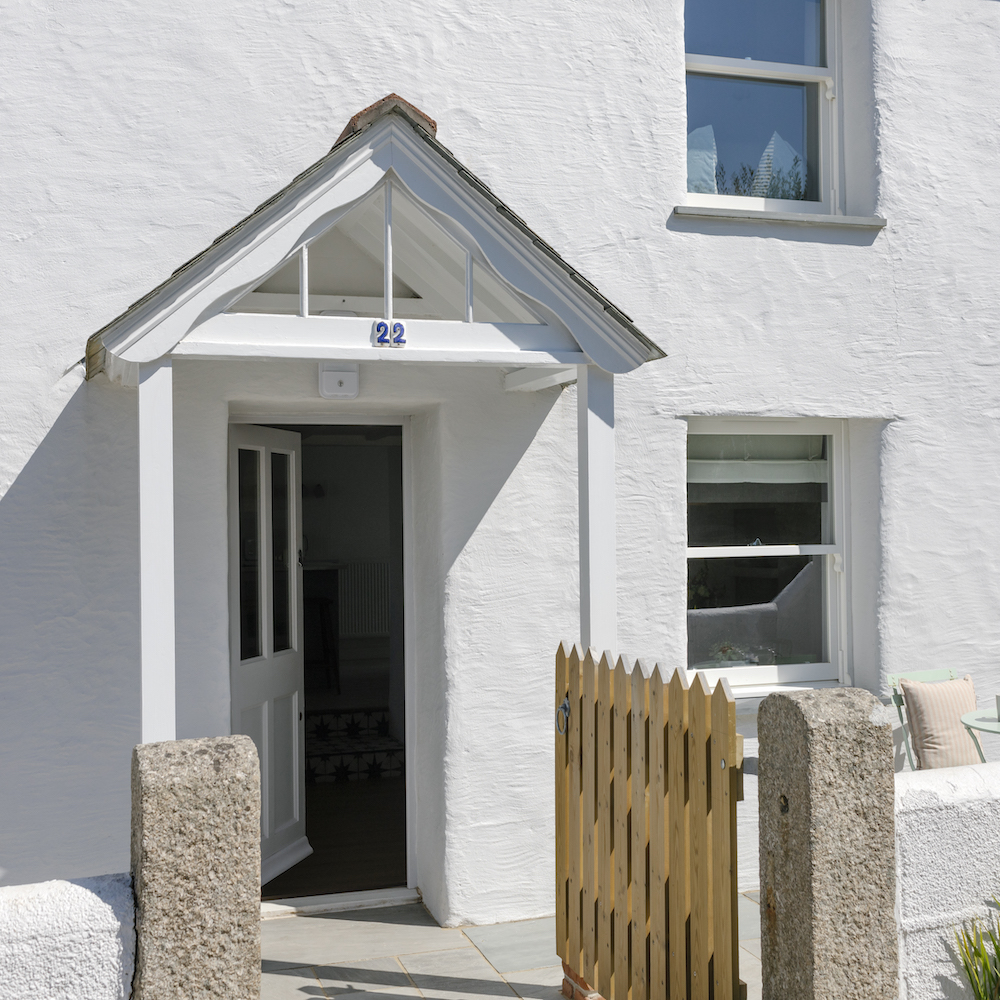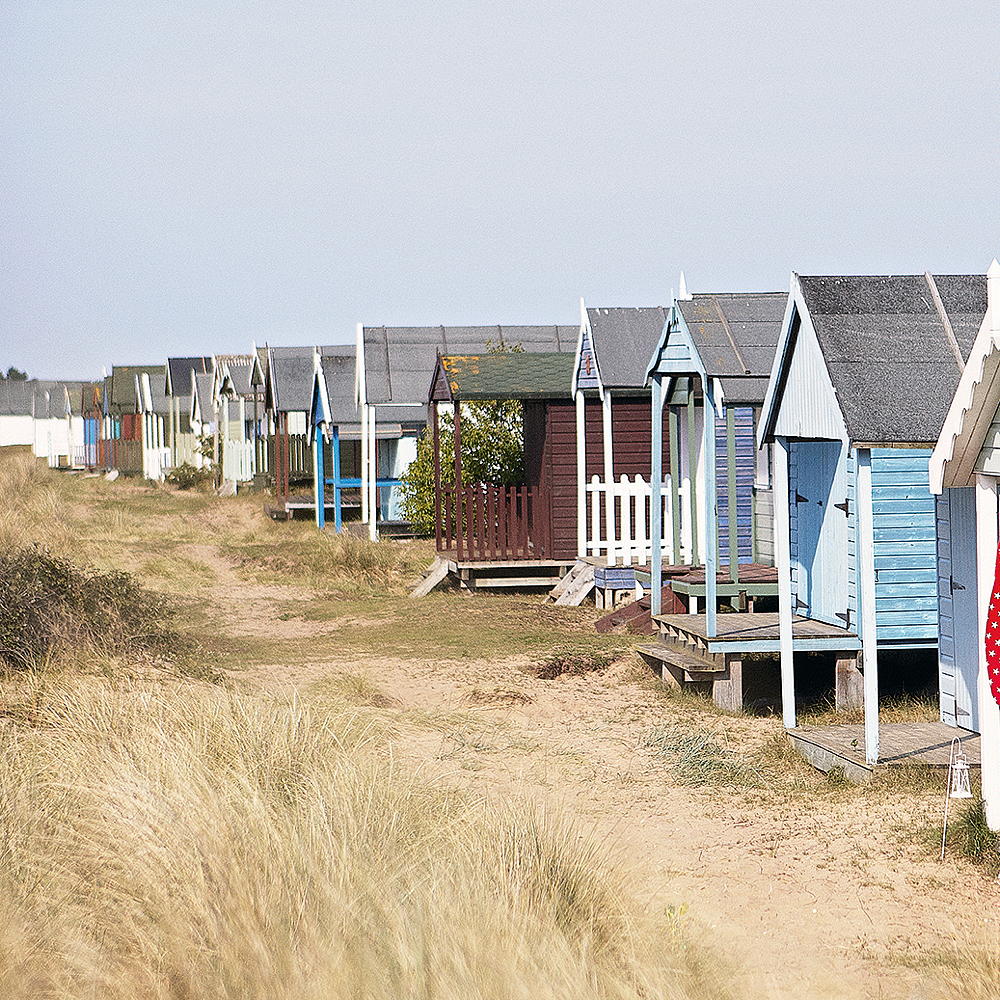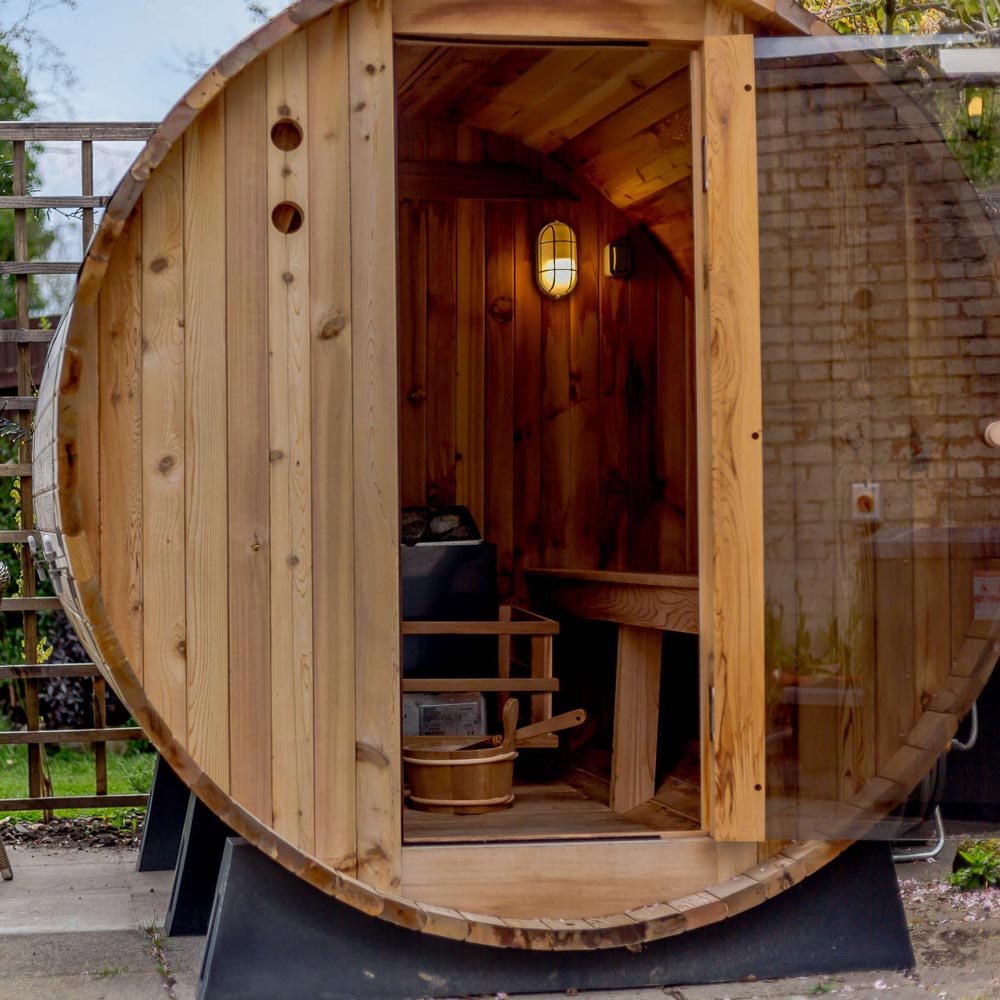Buy-to-let mortgages: everything you need to know for rentals and holiday homes
This buy-to-let mortgage guide covers everything you need to know if you’re looking to buy a second home and rent it out to make some extra money.
Buying a second home to rent out can be a great way to earn some extra income, but if you need to borrow to make the purchase, and are looking for the best mortgage rates, you will need a specific buy-to-let mortgage rather than a standard residential one you may have on your main home.
More than 770,000 families in England own a second home, with some owning multiple additional properties. That’s according to the English Housing Survey 2018-19, the most recent year for which official statistics are available
Of these, almost 40 per cent use their second property as a holiday home for themselves, friends or to let out to holiday makers.
Buy-to-lets can be an excellent investment, generating both a regular income and long term gains should the value of the property increase. The income could help you cover the cost of a mortgage on the property, while leaving you free to enjoy it at other times. Depending on its location and charm, you can earn thousands of pounds each year.

Holiday lets have become more attractive over the last few years too, as a result of the pandemic. With foreign travel difficult, if not impossible, it meant far more holidaymakers have seen the benefits that come from a domestic break. And that increased demand from travellers is in turn prompting more people to look into the potential of buying a holiday home.
What is a buy-to-let mortgage?
If you want to rent out a property, then you need to have a specific buy-to-let mortgage; you can’t rent out a property that has a regular residential mortgage against it.
Buy-to-let mortgages work in much the same way as regular mortgage products, in that you take them out for a specified term ‒ say 25 years ‒ and make monthly repayments. However, there are some important differences to be aware of.
Sign up to our newsletter for style inspiration, real homes, project and garden advice and shopping know-how
The first is that buy-to-let mortgages are often taken out on an interest-only basis. As the name suggests, this means that the monthly repayments only go towards the interest charged on the mortgage debt, rather than the actual debt itself. While this means lower monthly repayments, it does also mean you need to have a plan in place to repay the rest of the money owed at the end of the mortgage term.
What are the pitfalls of a buy-to-let mortgage?
Interest rates on buy-to-let mortgages also tend to be higher than those charged on regular residential home loans. For example, at the time of writing the lowest rate available on a five-year fixed rate buy-to-let mortgage for a borrower with a 40 per cent deposit is 2.15 per cent. By contrast the lowest rate on the same sort of product for a residential buyer is currently 1.87 per cent, according to data from Moneyfacts.
Buy-to-let mortgages also tend to require higher deposits. While a residential borrower may be able to get onto the housing ladder with a deposit of as little as 5 per cent of the purchase price, landlords often need upwards of 15 per cent in order to secure the funds they need.

How much could I borrow with a buy-to-let mortgage?
The amount that you can borrow is calculated in a different way with a buy-to-let mortgage. With a regular mortgage, a lender will look primarily at your income and expenditure to work out what you can afford to repay. However, with a buy-to-let mortgage that calculation relies far more on what sort of rent the investment property is likely to generate than your own individual income.
Is a buy-to-let mortgage different from a holiday let mortgage?
Lastly, it’s worth noting that there are distinctions between regular buy-to-let mortgages and holiday let mortgages.
A normal buy-to-let mortgage is designed for those who are looking to rent a property out for a long period to a single tenant, while holiday lets are designed for those who rent out a property to a host of different short-stay tenants.
Lenders employ different affordability tests here, to determine what they are willing to lend, based on the typical rents you may enjoy not only in ‘high’ season when the property may be more in demand but also in low season when it’s less likely to be full.
How to make the most of your buy-to-let property
If you fancy making money from your countryside bolthole or city pied- à-terre, here are some helpful tips to get you started.
Choosing your property and location
When it comes to holiday lets, you can’t really go wrong with picturesque destinations which appeal to holidaymakers all year round. Good examples here are the Peak and Lake Districts, as well as the Cotswolds. According to Luxurycottages.com, North Wales and the Welsh Borders are also sought-after locations.
An important consideration will be how easy it is to get to your property using different transport links as well as the property’s proximity to attractions or the coast.
For example, you can charge more ‒ and will likely see higher demand ‒ if the property is located near a beach or within easy walking distance to tourist hotspots.

Personal touches and premium customers
If you want to charge higher rents and attract quality guests, then you may need to go the extra mile. Get it right and you can enjoy much higher revenues; holiday homes positioned as premium getaways can generate up to 2.5 times the income of a standard property.
A personal touch can make all the difference here. Little extras like a hamper of local produce or a bottle of wine can really help set the tone for a holiday.
If you want to take things a step further, then think about the added luxuries that most people won’t have at home, such as a hot tub, sauna or log burner. These all add to the appeal of the property, and boost your chances of attracting higher-paying guests.

Setting your rates
It’s a good idea to speak to local letting agents to find out the going rate for properties like yours. Ask how long the booking season lasts and what rates you can charge in high and low seasons. How much you can charge, however, will partly depend on the quality of your online reviews.
During your first year, before you have any reviews, you may want to offer your property at a discount so you can attract holiday makers and build up positive feedback.
Your property may not always be let, especially outside the holiday season. So if you have a mortgage on the home that you’re expecting to repay from the income from lettings, factor some empty periods into your calculations.
Harry Robert, managing director of My Favourite Cottages, says that with the cost of purchasing property in the most highly sought after holiday towns rising sharply, you need to “get creative” to find ways to justify increased rent or booking rates.
'This may mean investing in desirable features, such as hot tubs and pools, or simply making your property child and pet friendly to widen your target market.
'Doing things like partnering with local businesses to gift your customers discounted offers on restaurants and activities is a nice touch that can help wow guests and encourage them to return. Plus, they’re much more likely to leave you a good review or spread the word about your rental to their friends and family.'
Advertising your holiday home
Airbnb is one of the most popular platforms used by holiday homeowners. You pay around per cent per booking to use the website. You have to manage your own bookings and respond to guest queries. Similar websites include Booking.com, Cottages.com and VRBO.com, formerly known as HomeAway.
An alternative is to pay a property agent to market your property, manage guest admin and maximise lettings for you. Agents tend to charge between 15% and 20% of every booking.
'To secure bookings and get your property maximum exposure, you need to advertise your property the right way. While you can market your property on your own, building website visibility and maintaining social media channels can be costly, take time and require additional skillsets that you might not have,' adds Harry from My Favourite Cottages.
Tax treatment
Income you earn from letting out your holiday home is taxable. You will need to declare it on your annual tax return. You’ll then pay income tax at 20 per cent, 40 per cent or 45 per cent, depending on whether you’re a basic-, higher- or additional-rate taxpayer.
More happily, you can qualify for a host of tax perks on your holiday home if it meets the Furnished Holiday Let rules. The main rules to remember are that it must be available to let for at least 210 days a year and let to paying guests for 105 days a year.
If you meet the requirements, you can deduct expenses from your earnings before tax such as:
- Mortgage interest costs
- Advertising or property management fees
- Cleaning and maintenance
- Utility bills
- Welcome pack items
- Insurance premiums
You’re also entitled to tax relief on items such as furniture, fittings and equipment bought to enhance the value of your holiday home.
Setting up your holiday home in the first year can be expensive. Don’t worry though, you can carry any losses forward into the next tax year for tax purposes.
Here’s some more tax advantages:
1. Small business rates relief – holiday let owners must register for business rates rather than council tax. However, you may be entitled to small business rates relief which means you pay nothing at all. Call your local council to find out if you’re exempt.
2. Wear & Tear Allowance – you can claim tax relief on domestic items you’ve replaced because they’re no longer usable.
3. Pension contributions – profits you earn from your holiday home are eligible for a tax top up from the government when paid into your pension pot.
4. Capital Gains Tax – when you sell your property you may be eligible for entrepreneur’s relief, rollover relief or hold-over relief.
It’s advisable to speak to an accountant for tax advice.
With thanks to Emma Lunn and John Fitzsimons for their contributions to this article.
Samantha Partington is a personal finance journalist specialising in mortgages and the property market.
Over the past nine years, Samantha has worked for the Daily Mail, trade website Mortgage Solutions and business title Property Week. She regularly writes for national money pages including Money Mail and Sun Money and supports prop tech firms with content writing.